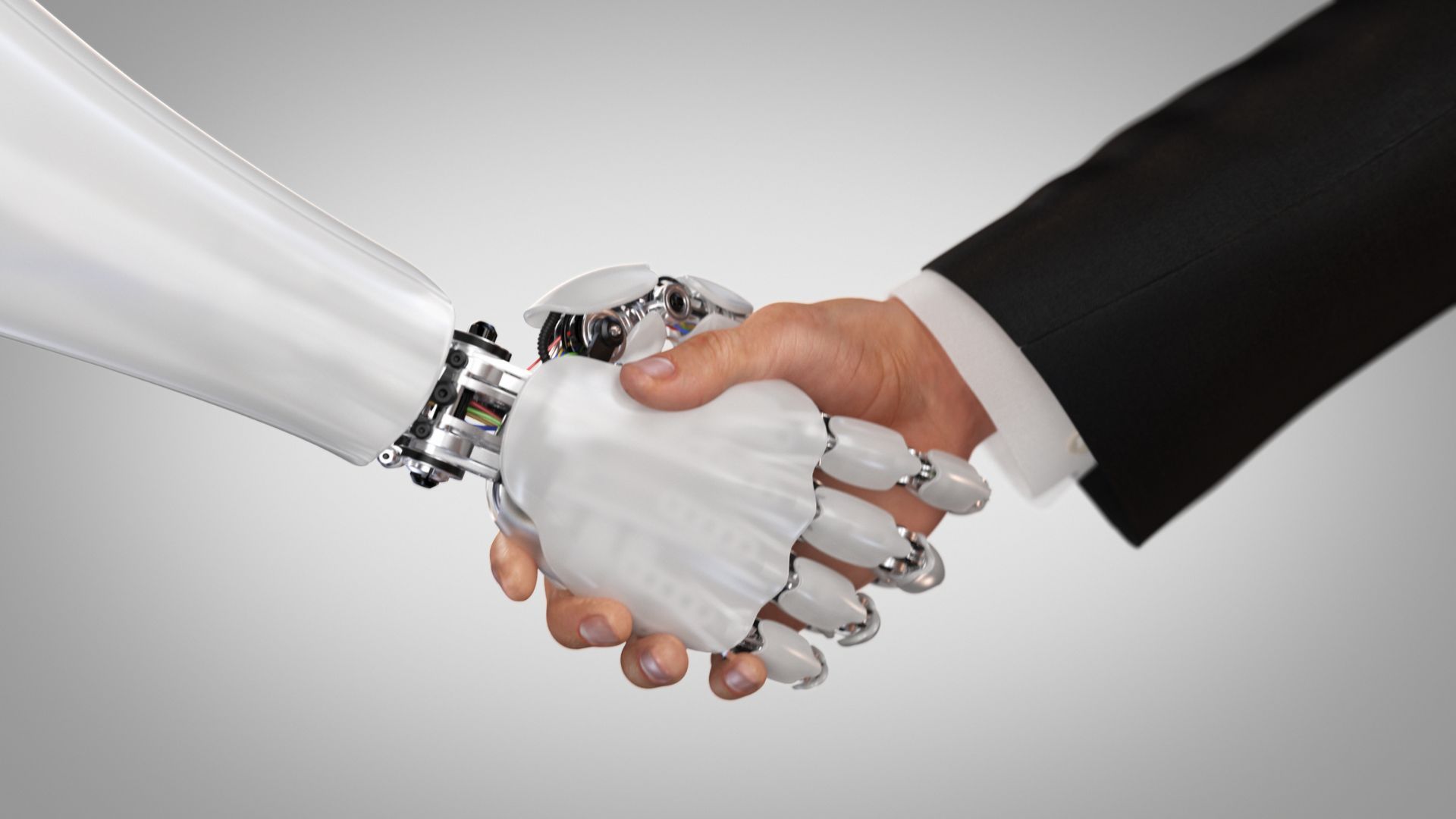Hiring Predictions: Post COVID-19
James Moore • November 22, 2020

Hiring post COVID-19 will be a topic that will be a priority for businesses as we continue to move forward.
Earlier in 2020, people2people conducted its annual salary and market survey, which included a follow up survey conducted one quarter earlier, focusing on what the pandemic aftermath will look like and the challenges which will follow.
Australian job vacancies were down in January 2020 from the year before, a negative 7.5%. Fast forward to July 2020, where Australian job vacancies were down a negative 27% from the previous year.
Almost 50% of businesses which participated in the survey were forced to make some sort of employee sacrifice, in the form of redundancies, reduced hours or reduced salary/cancelled bonuses. For so many businesses, any hiring was at the back of mind, for the foreseeable future.
Many businesses have adjusted their recruitment strategy plans for the next six months, which include close to 66% only recruiting for existing roles, 20% planning for growth after the pandemic, 10% seeing growth during the pandemic and 33% not planning to hire for the whole of 2020.
Recruitment is never a simple task and hiring managers believe that technical and specialist roles (being that are generally hard to fill regardless of the pandemic), senior and leadership positions and businesses with limited or no options for flexible working conditions will be most difficult to hire for in the aftermath of COVID-19.
The topic of flexible working conditions has been one that I have been discussing almost every day with both job seekers and talent seekers. Many businesses are fortunate that they already have flexible working conditions. Those businesses that perhaps didn’t offer these incentives prior to the disruption of the pandemic, have responded quickly and are now offering their staff some sort of flexible option. I believe these flexible working arrangements and benefits will be important talent attraction strategies for the foreseeable future.
It is still difficult to predict what the world of work will look like, moving into 2021 and beyond. The majority of businesses pivoted to a ‘work from home’ operation and proved to these businesses that working remotely wasn’t as difficult as once thought and working remotely is a strategy which can be accommodated in future. Gauging the level of success of these new working arrangements, the underlying factor is that it has impacted business relationships, cultures and teams.
One major factor we’re seeing and hearing is a lack of human interaction. Monday mornings, hallway chats and Friday afternoon chats were once something to look forward to but with a majority, if not all staff members working remotely, social interaction amongst colleagues has become difficult, if non-existent in some businesses.
These same businesses have specified that they will use the same recruitment process they have always used when it comes to recruitment, they will identify crucial positions and make assessments based on the situation and business climate at the time. They are not sure how to amend their strategies but hope they will when the time calls for it. Other businesses report that it will highly depend on profitability and how the lockdown/pandemic has affected their stakeholders.
Find the job you love I Find the right talent
Get in touch with people2people
Australia
I
United Kingdom
In business since 2002 in Australia, NZ, and the United Kingdom, people2people is an award-winning recruitment agency with people at our heart. With over 12 offices, we specialise in accounting and finance, business support, education, executive, government, HR, legal, marketing and digital, property, sales, supply chain, and technology sectors. As the proud recipients of the 2024 Outstanding Large Agency and Excellence in Candidate Care Awards, we are dedicated to helping businesses achieve success through a people-first approach.






